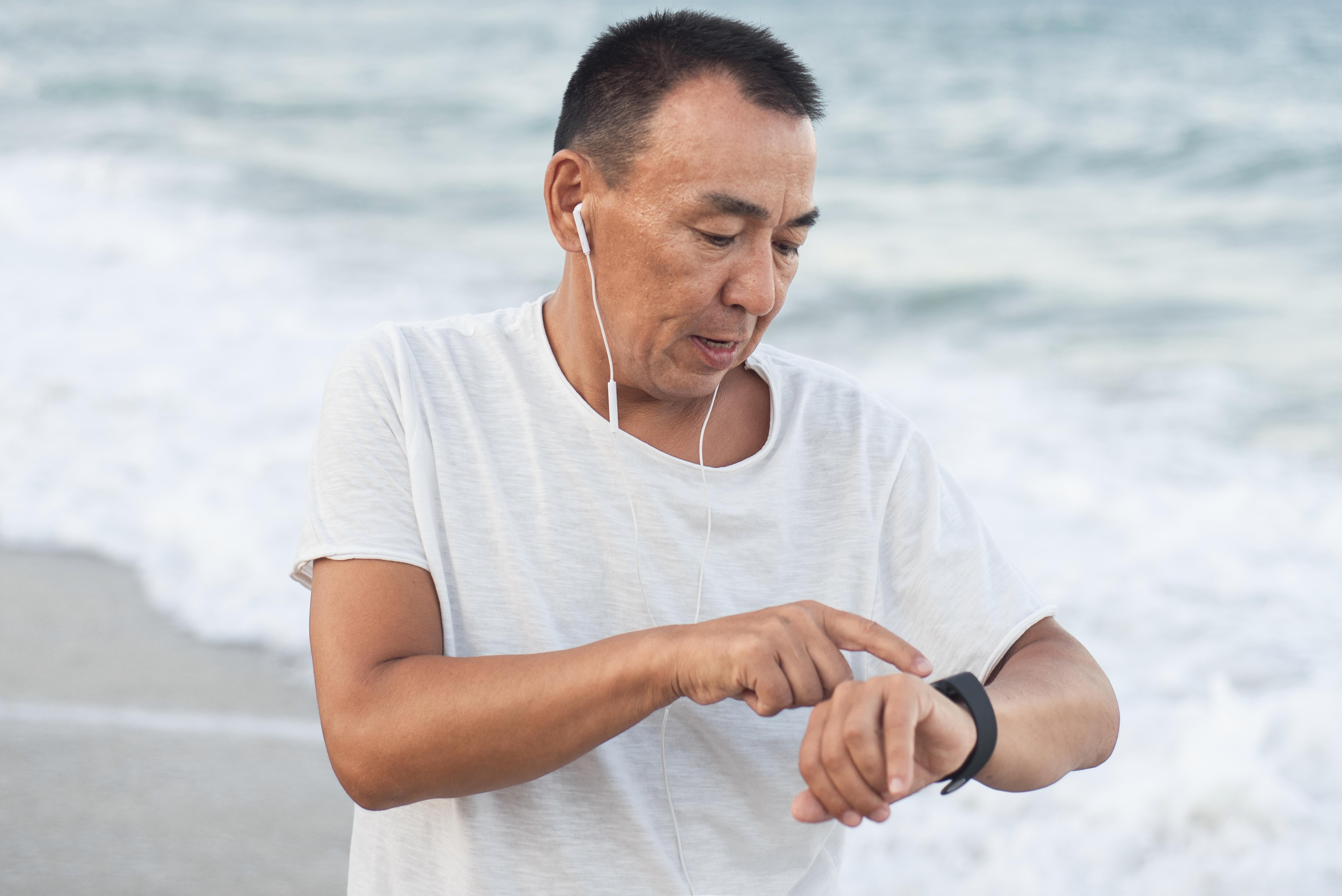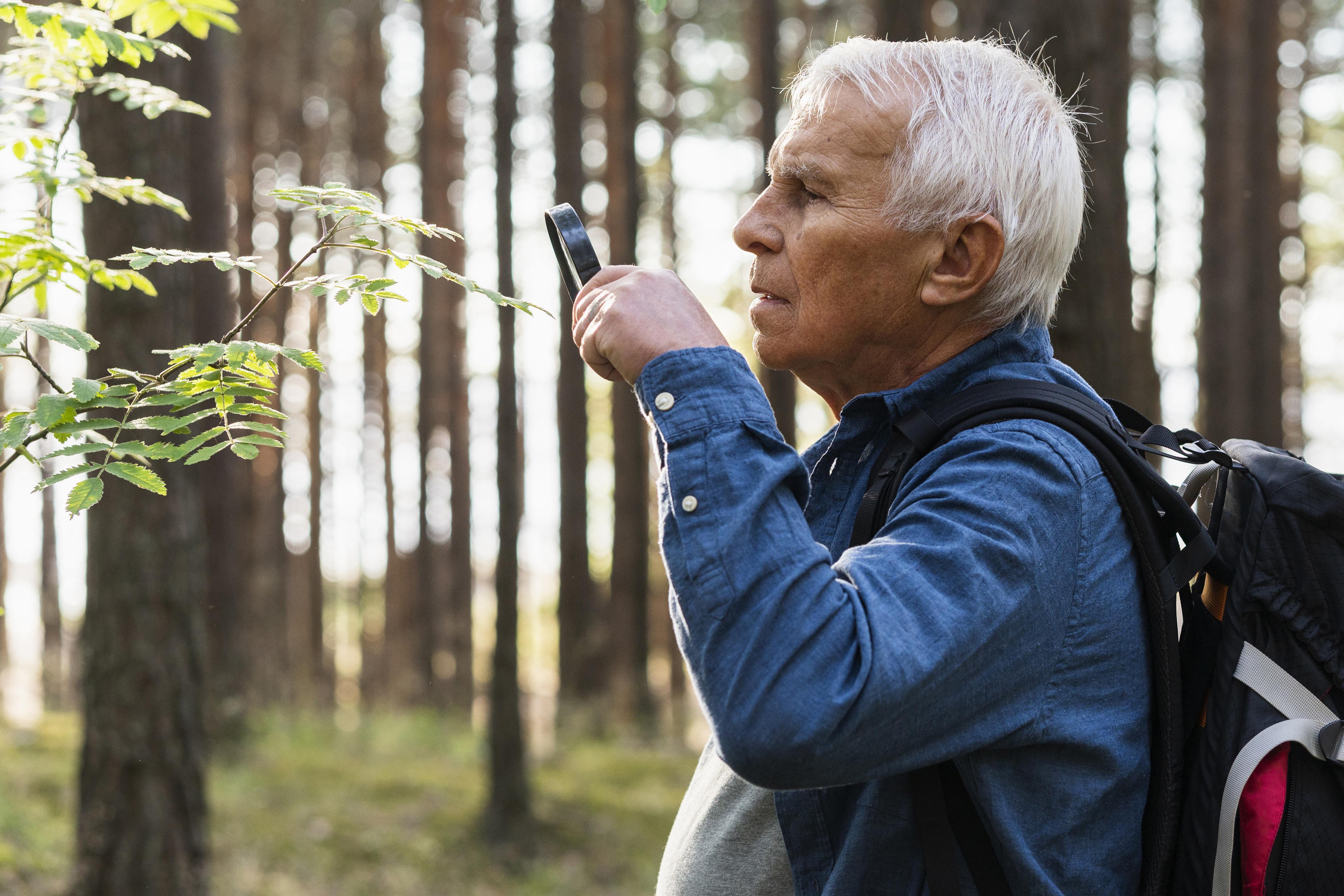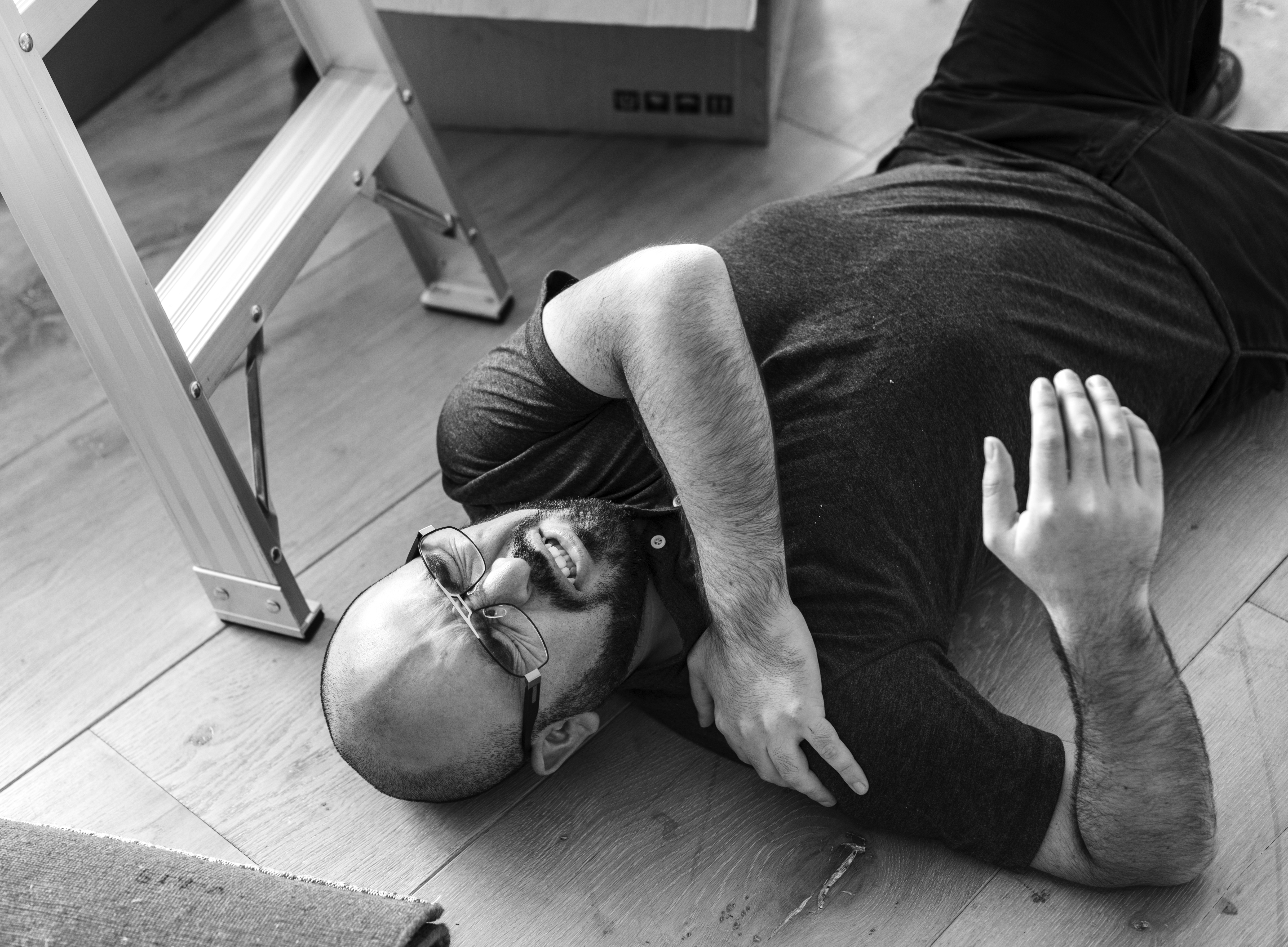
You've probably spotted a medical alert system before — a discreet little button on someone's wrist or around their neck.
If you're like most of us, you may have even thought, 'How does that thing work?' With just a press in emergencies, it can connect you to help, pinpoint your exact location, and even detect a fall.
Sounds high-tech, right? But here's the thing, it's not really that complicated. These devices are built for ease, especially for people who don't want to get stuck with something confusing in the middle of a crisis.
These devices are ideal, especially for seniors living alone or those who enjoy spending time outdoors.
So, if you're in Canada and thinking of getting one, maybe for your parents, knowing the key component that makes them work can help you choose the right system.
Here's a closer look at what really makes these devices life-saving when it matters most:
1. GPS for Real-Time Location Tracking

Imagine your dad steps out for a morning walk around the lake, takes a wrong turn, and suddenly can't find his way back. Or worse, he slips on an icy path. He calls for help, but what if he doesn't know where he is?
That's where GPS comes in. GPS technology is at the centre of how medical alert systems work in Canada today. This critical component provides pin-drop accurate real-time tracking, sending their exact location to listed family members, emergency responders, or monitoring staff.
The best part? It'll still signal for help even if he can't say a word. That's a huge advantage, especially in a country like Canada, where seniors often enjoy staying active. In a place where weather or terrain can complicate things, having this feature is non-negotiable.
2. Two-Way Communication with Real Human Support
AI chatbots seem to be taking over most support services lately. But here's the truth: no one wants to talk to a robot in a crisis. That's why two-way voice communication is now built into most alert systems.
If an emergency occurs and the SOS is triggered, the user is directly connected to a trained responder who is available 24/7. Imagine this: no digging for a phone or struggling to press tiny numbers—instead, easy access to the right support.
To figure out what kind of help you need,they check on you, ask what happened, and if they can't hear you when you are unconscious or disoriented, they still dispatch help based on the alert. That right there's more than just tech support; it's a source of emotional support.
Having someone staying on the line until a family member shows up or paramedics arrive, when you're scared, in pain, or even just confused, is everything.
3. The Fall Detection Capability

For older adults and people with mobility issues, the thought of falls is terrifying. Not just because of the injury itself, but the trauma of what happens after. What if you hit your head? What if you pass out? What if you literally can't move to press the button?
That's where automatic fall detection comes in handy. It uses motion sensors and algorithms to track your movements, which enables it to detect sudden changes, such as a quick drop followed by stillness, and send an alert immediately.
This component is essential for people with conditions like epilepsy, Parkinson's, or low blood pressure. Or, honestly, just for anyone who accidentally slips on a wet floor in the bathroom or icy steps - accidents can happen to anyone.
4. Water-Resistant Design
Accidents can happen anywhere. We don't stop needing protection just because we're showering, watering the plants in the garden, or taking out the trash in a downpour. That's why these devices are made to handle such wet conditions.
A reliable medical alert system does not need to be taken off due to fear of damage from poor weather. They're made to be worn 24/7, including in the bathroom, which, by the way, is one of the most common places seniors fall.
The waterproof or resistant feature can easily be overlooked, but what most people don't realize is how even those few minutes without the device could be disastrous.
5. Wide Network Coverage
Canada is big. People don't just live in cities where they are constantly connected to Wi-Fi and cell towers; they also live in small towns, remote areas, and even off-grid cabins. As such, the alert system must function everywhere.
One of the biggest game changers of medical alert systems is that they use cellular networks. That means they're not tied to a Wi-Fi connection or home phone line. They work anywhere there's coverage, and with the right provider, you are covered in most parts of Canada, regardless of your location.
So you can walk to the grocery store, visit a friend out of province, or just relax at your weekend cabin and still be protected.
Conclusion
A medical alert system isn't all about preventing worst-case scenarios, even though it was created for that purpose. It is about enabling vulnerable individuals to maintain their independence. These systems give them a sense of security, knowing that they will be able to get help in case they need it, especially if they want to be alone or can't avoid it.
For families, medical alert systems mean going about your day worry-free or sleeping a little better at night, knowing that even if you're not there, help is available. So, while aging can limit one's life, these alert systems are all about expanding it safely.
Whether it's for you, your mom, or your partner, having one of these systems in place means you're prepared for any unavoidable event. And to avoid breakdowns or sudden failures, be sure to get a reliable device from a reputable provider, one that you can count on when you need it most.








